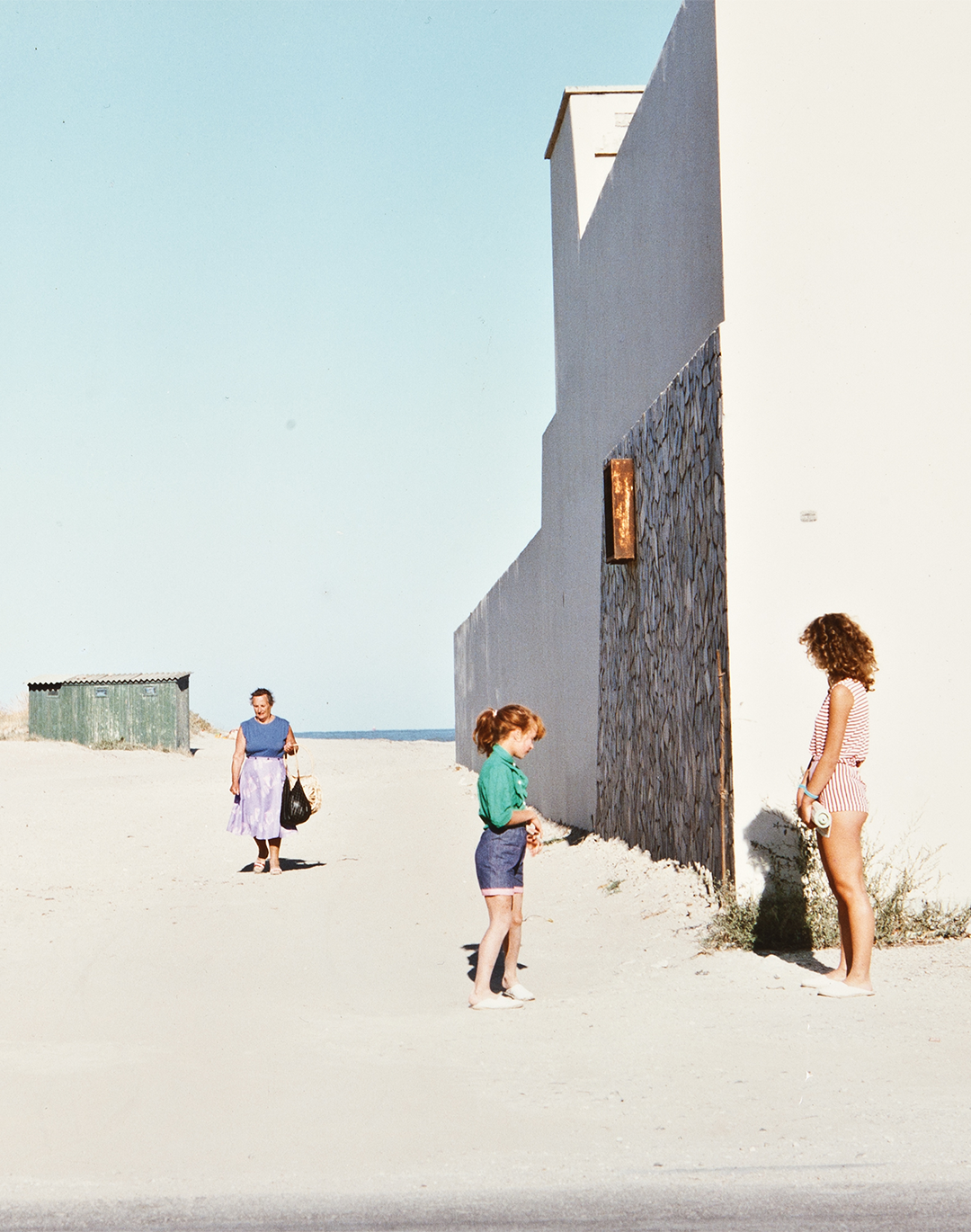
Mass-protests against overtourism start all over Europe For the first time in Spain, Portugal and Italy the people protested together against mass tourism
In Barcelona, protests against overtourism have been ongoing for over a year, but this Sunday, for the first time, they spread across Southern Europe. Protesters wielded water guns, symbolically aimed at tourists, and rolled empty suitcases through the streets to highlight an increasingly unsustainable situation. This is not an act of hostility, but rather a signal of growing exasperation that, like every summer, has reached unbearable levels. As reported by the New York Times, the demonstrations this past weekend represent the latest expression of a growing movement denouncing a dramatic deterioration in the quality of life caused by overtourism, with serious consequences on housing costs, access to essential services, and the environment. Coordinating part of the protests is the Southern European Network against Touristification, a coalition of over 60 activist groups operating across the continent. The organization has already announced a series of synchronized demonstrations that will take place in various cities and tourist destinations throughout Europe in the coming months.
@thekelliediaries A warm tourist welcome in Mallorca 10k+ people gather in the streets of Palma to peacefully protest the Airbnbs and over crowds of tourists and rental problems… and probably many things I’m unaware of. (But I totally understand the rental crisis and there does need to be control over it) . #mallorca #spain #protest #touristgohome #majorca original sound - The Kellie Diaries
In recent years, the quality of tourism in Mediterranean countries has steadily declined, while local governments appear increasingly focused on meeting the needs of visitors rather than those of residents. According to data, international arrivals in Europe rose by nearly 5% in the first half of 2025 compared to the same period last year—an increase that, while boosting the economy, has intensified the sense of urban overcrowding and strain on infrastructure. The blame does not lie with individual travelers, but rather with the southern European governments that, year after year since the end of the pandemic, have pushed for an intensive tourism rebound, putting the needs of local communities in second (or even third) place. Is it possible that Europe is finally growing tired of being the ultimate tourist destination?
Thousands of people took to the streets of cities in southern Europe to demonstrate against overtourism, firing water pistols at shop windows and setting off smoke bombs in Barcelona, where the main protest took place https://t.co/rLqTGtX8Q7 pic.twitter.com/AoxWtDEwdB
— Reuters (@Reuters) June 16, 2025
«This model doesn’t bring economic prosperity, but problems like the housing crisis,» said Pere Joan Femenia, spokesperson for the collective Less Tourism, More Life, in an interview with the New York Times. The group organized the protest in Palma de Mallorca, where demonstrators symbolically blocked a tourist bus. The sharp rise in rental prices has also made it difficult to hire public sector workers such as teachers, doctors, and police officers, forcing many residents to leave historic centers or live in precarious conditions. In Italy, symbolic protests took place in Venice, where activists denounced the recent construction of two hotels in an area that had long remained free of tourist accommodations, and in Genoa, where protesters noisily rolled suitcases through the streets to stress that, although the city hasn’t yet reached the levels of other tourist hotspots, action must be taken now before the situation becomes unmanageable. Further aggravating the situation in Venice is Jeff Bezos’s upcoming wedding, during which the billionaire is said to have “rented out” the entire city from June 24 to 28. According to Il Post, over two hundred people joined the protest organized by the «No Space for Bezos» association last Friday. The disruption caused by the Amazon founder’s nuptials will directly affect residents, as parts of the city will be completely closed to the public, and even water taxis will be less available for locals and “regular” tourists, being redirected to the long list of A-list guests. Venice’s mayor, Luigi Brugnaro, has compared the event to the G7 in terms of size and importance, underlining the significance of this choice for the city. But are we sure we’re not selling off our cities as open-air theme parks?















































